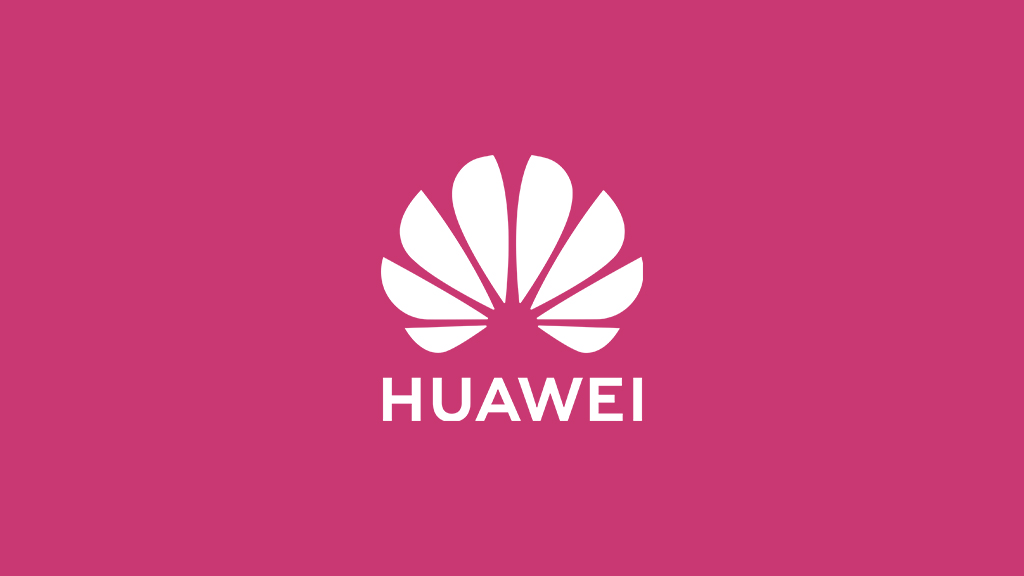News
Huawei wants patent royalties from 30 Japanese companies

Huawei is ramping up efforts to manage its patent royalties in the global markets and the Chinese firm has now expanded the reach of retrieving royalties from 30 Japanese small to medium size companies.
According to NikkeiAsia, Huawei Japan unit is in talks for patent royalties with around 30 Japanese telecom-related companies. The negotiations are about royalties pricing and the implication of these charges for the customers who are using Huawei patents.
Currently, Huawei is collecting patent fees from manufacturers and other companies that use wireless communication modules. Several Japanese companies with knowledge of the matter said that everything from small companies with a few employees to startups with more than 100 employees has received payment requests from Huawei.
The patent payment model proposed by Huawei follows a fixed fee of 50 Yen (USD 0.35) or less per device or to charge at a rate of 0.1% or less of the device price.
“The level is on par with international standards,” said Toshifumi Futamata, a visiting researcher at the University of Tokyo.
Huawei Patent Royalties:
Huawei has a large share of standard-essential patents, which are critical to using wireless communication standards such as 4G or Wi-Fi. Equipment compatible with these standards produced by other companies also uses Huawei’s patented technology.
That means many companies that use related internet-connected equipment will have to pay royalties if Huawei demands it. Moreover, even Japanese companies that do not use Huawei products may incur unexpected costs.
Huawei has established an intellectual property strategy center in Japan to oversee its intellectual property business in the Asia-Pacific region, including Singapore, South Korea, India, and Australia.
By 2022, Japanese automaker Suzuki Motors reached an agreement with Huawei to obtain the authorization of standard essential patents related to 4G communication technology for connected cars.
In the future, more Japanese companies may face payment requirements from Huawei. Wireless communication modules using Huawei’s patented technology are indispensable for connected IoT networks, which are being used in areas such as autonomous driving, automated factories, medicine, electricity, and logistics, according to Tokyo-based research firm Seed Planning.






